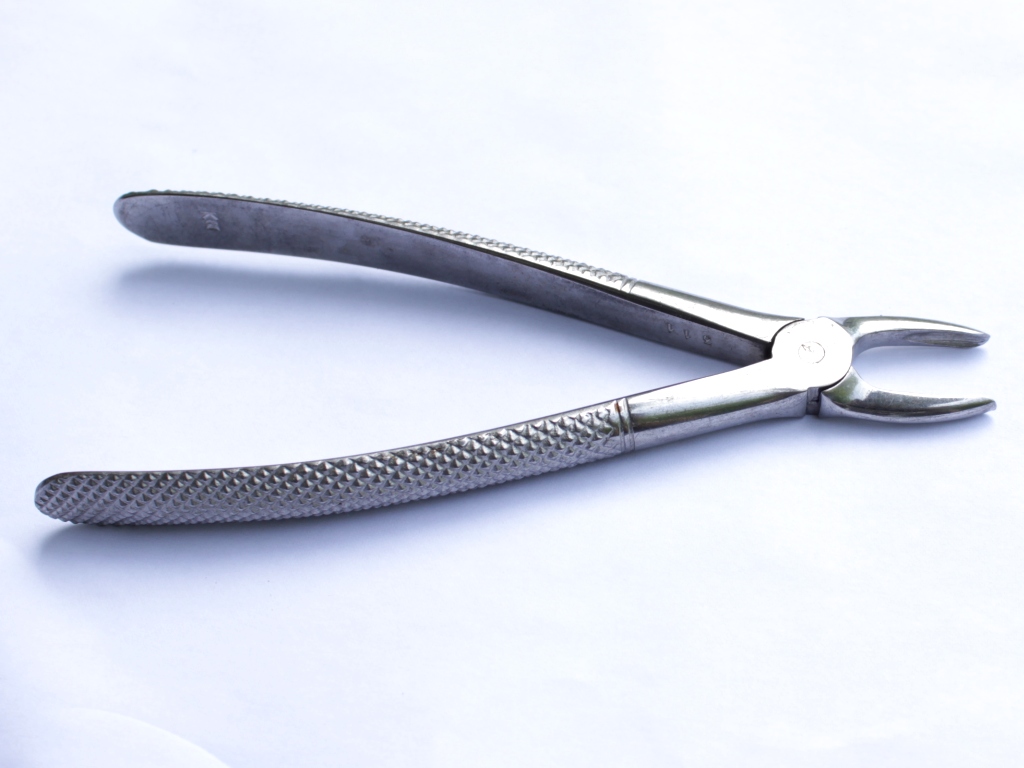Posted: May 22, 2017

A dental extraction or tooth pulling can be necessary if a tooth is decayed with a large cavity or there is an infection present. One of the most common complications after a dental procedure is a dry socket infection. A dry socket infection is also known as alveolar osteitis. It is normal to have some pain in the first five days after a dental extraction. However, people want to know how much pain is normal. A common question is “how do I know if I have a dry socket infection?”
After a tooth is removed, it is normal to have a blood clot present. There are healing components within the formed blood clot that help the dental extraction site heal. It is important to not spit excessively or break up the blood clot. A dry socket is the absence of the blood clot that leads to exposed bone tissue, and may involve the presence of pus, a fever, swelling, and/or an odor in the extraction site. Patients often describe a dry socket as severe pain that involves constant throbbing in the area.
The risk factors for a dry socket infection are smoking or using a straw after a dental extraction. It is best to avoid smoking for a few days after a tooth is pulled. Healing time after treatment differs amongst individuals. Some patients may have a systemic condition like diabetes that slows down healing. In a patient with a weakened immune system or delayed healing, smoking within a week of a dental extraction can cause a dry socket infection. Birth control medication also presents another risk factor because the estrogen may inhibit the normal blood clot. It is advisable to time a dental extraction appropriately when taking an oral contraceptive.
Once it is determined that a patient has a dry socket infection, the dental emergency can be easily managed and symptoms may resolve within a week. Proper saline or chlorhexidine irrigation of the extraction socket can remove the irritants or bacteria causing the infection. And a dry socket dressing is packed in the area to alleviate the discomfort.
Although a dry socket infection is a rare finding with adequate post operative care, we treat the condition meticulously. At Museum Smiles, we prescribe antibiotics and pain medication as needed to relieve the patient. If you need a dental extraction, and you are concerned about any complications, contact us to discuss your dental care. We serve patients in Fort Worth, Arlington, and Keller areas.


